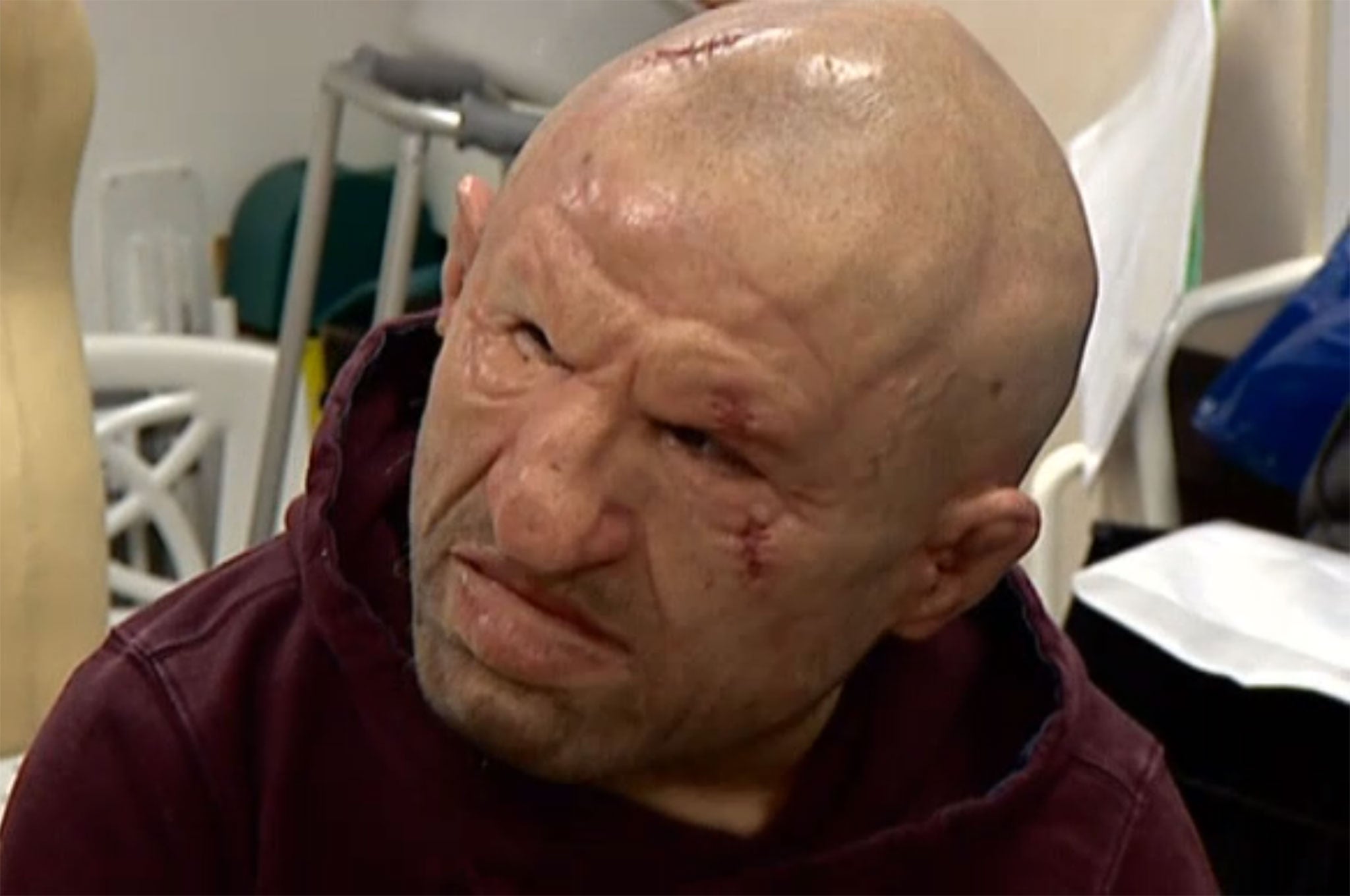Masks used for nurse training scrapped by university after claims they could stigmatise people with mental health issues
The masks were worn by tutors who created scenarios for students to deal with

An Aberdeen University has promised to review the use of prosthetic masks for training nurses, amid accusations they stigmatise people with mental health problems.
The life-like masks, made in Hollywood and reportedly costing between £2,000 and £3,000, have been worn by tutors at Robert Gordon University playing the role of patients with complex mental health problems as well as histories of abuse, alcoholism and drug misuse.
However, they have been subject to a major backlash following media reports about their use. The charity See Me, which campaigns against discrimination, said that the visual appearance of the masks could be reinforcing stigma around mental illness.
The university has now said it will review the masks and “curtail” their use in the meantime. Experienced mental health nurses have used the masks to test trainees on their reactions to challenging behaviour and had previously praised them for their realism.
A spokesperson for the university said it had not been the intention to stigmatise mental health patients.
“We intend to review our use of masks by further evaluating their acceptability and effectiveness and will again involve a wide range of stakeholders , including people with lived experience, as we have done to date in developing this approach,” the spokesperson said.
See Me welcomed the decision but said the masks had received a “strong negative reaction” among the public and regretted that this had not been “fully considered”.
“We have been in discussions with the university and understand there was significant consideration put into the development of the masks,” a spokesperson said.
“However we are very concerned that the visual appearance of the masks has the potential to increase the stigma associated with mental illness by reinforcing negative perceptions, not only in the general public, but also in the next generation of mental health professionals.”
Characters depicted by tutors wearing the masks included Billy, a farmer suffering from depression and alcohol abuse, and Sheila, an elderly woman who suffered sexual violence as a child and now has an anxiety disorder.
Subscribe to Independent Premium to bookmark this article
Want to bookmark your favourite articles and stories to read or reference later? Start your Independent Premium subscription today.

Join our commenting forum
Join thought-provoking conversations, follow other Independent readers and see their replies